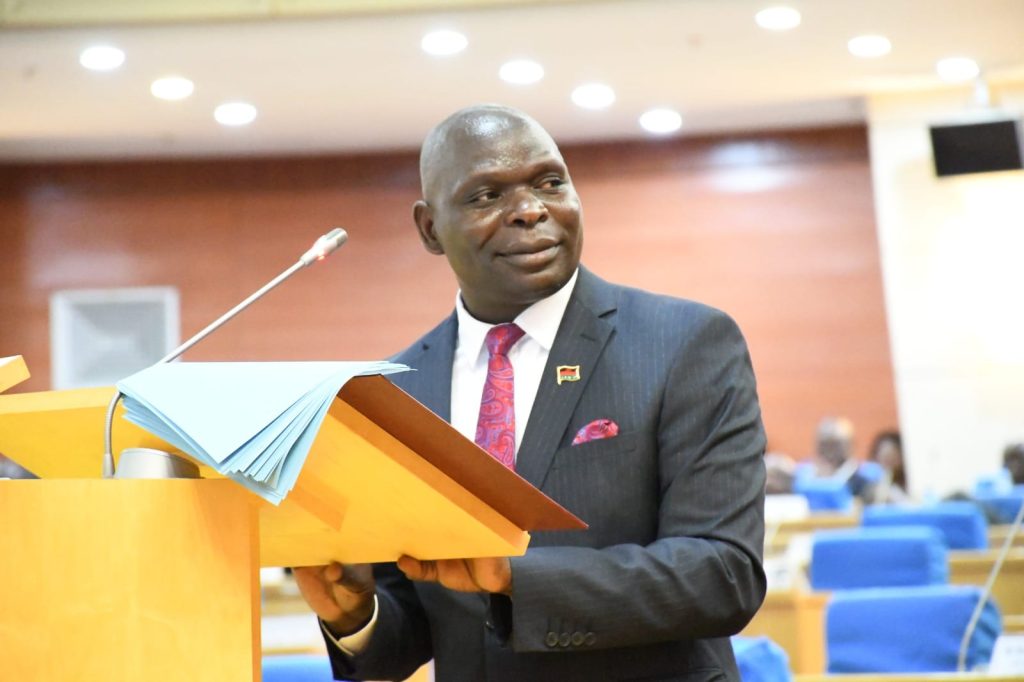UN raises red flag on debt obligations
The United Nations (UN) has expressed concern over the increase in Malawi’s debt servicing as a proportion of the gross domestic product (GDP), saying it is compromising spending on essential services.
In its 2024 Department of Economic and Social Affairs World Economic Situation and Prospects, the UN says the development is affecting public expenditure allocation to sectors such as education and healthcare.
UN data shows that Malawi alongside Zambia and Ghana spend over 20 percent of their annual tax revenue on interest payments on debt.
Reads the prospects in part: “Debt servicing as a proportion of GDP has increased rapidly; Zambia, Malawi, Kenya and Ghana spend over 20 percent of their tax revenue on interest payments.

“Development financing access and costs remain a daunting challenge, with debt overhangs hindering most African countries from accessing capital at affordable rates from international markets.”
In the report, the UN said this is happening at a time borrowing costs for governments in Africa remain elevated, costing four times higher than those for developed countries.
During the five years to the 2023/24 financial year, for instance, Treasury will have paid an accumulated K2.2 trillion in debt service, which is the amount needed to repay the principal and interest on a debt, according to the World Bank.
In the 2019/20 financial year, Treasury paid K261 billion in debt service charges, but this is expected to increase to K914 billion at the end of the 2023/24 financial year.
However, during the review period, the fiscal deficit has risen from K162 billion in the 2019/20 financial year and is projected to rise to K1.3 trillion in the 2023/24 financial year.
Despite development expenditure increasing from K438 billion in 2019/20 financial year to K896 billion in the 2023/24 financial year, as a percentage of the total budget, it has declined from 25.3 percent to 23.1 percent, Treasury figures show.
Meanwhile, combined allocation to key social sectors as a share of total government expenditure has been on the decline in recent years, with UN data indicating a “gradually decline of six percent from 35 percent in 2019/20 to a five-year low of 29 percent in 2023/24 fiscal year.
Minister of Finance and Economic Affairs Simplex Chithyola Banda said government has designed the macroeconomic framework for the 2024/25 fiscal plan that looks at the macroeconomic targets and the debt sustainability targets to be achieved by the end of the fiscal year.
He said: “This follows the agreement with the International Monetary Fund on an Extended Credit Facility [ECF] of up to $175 million to help restore macroeconomic stability.
“Therefore, the government has committed, under the ECF arrangement, to implement structural reforms and prudent macroeconomic policies and debt restructuring.”
Meanwhile, the UN has since projected the economy to register a growth of two percent in 2023, 1.2 percentage points below the government’s projected 3.2 percent for the year.





